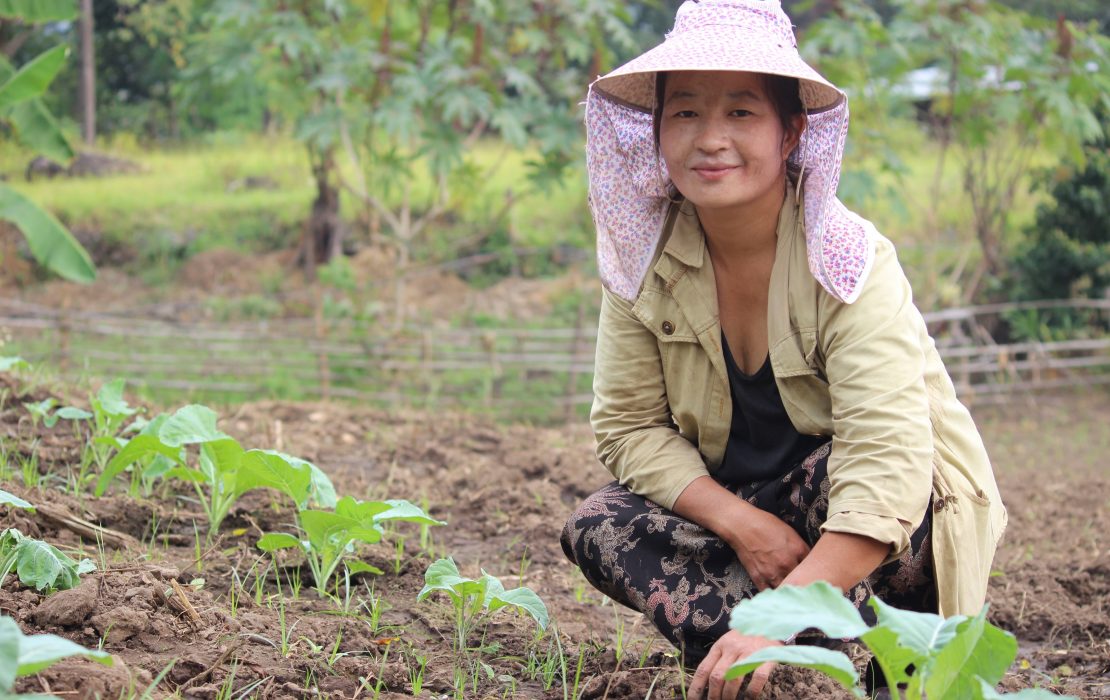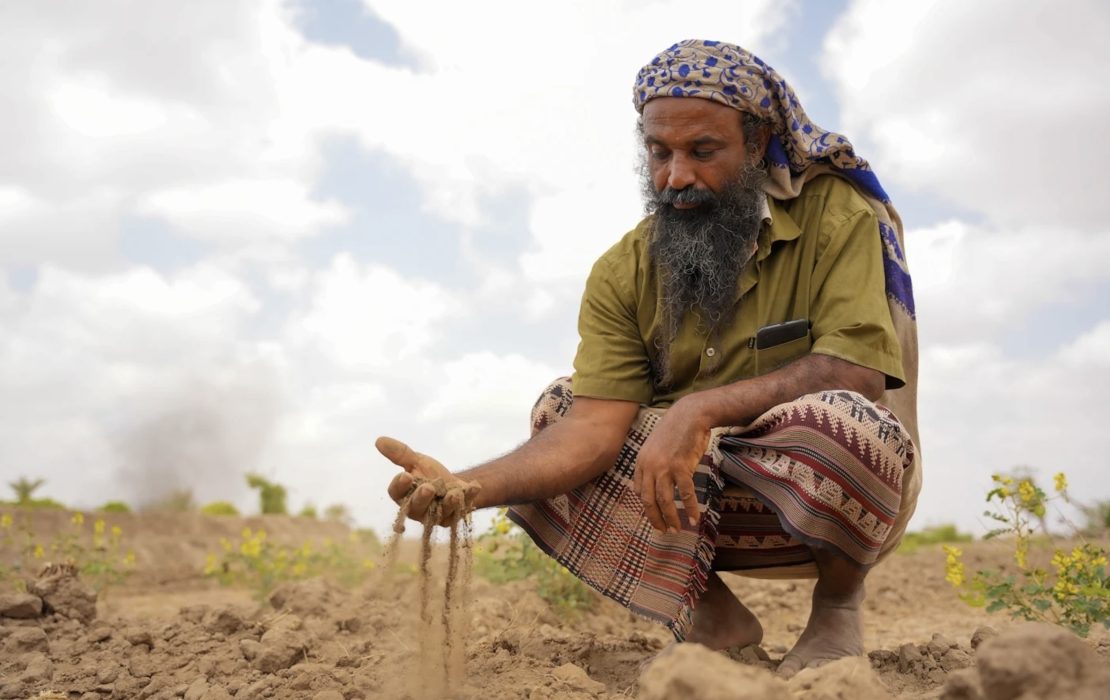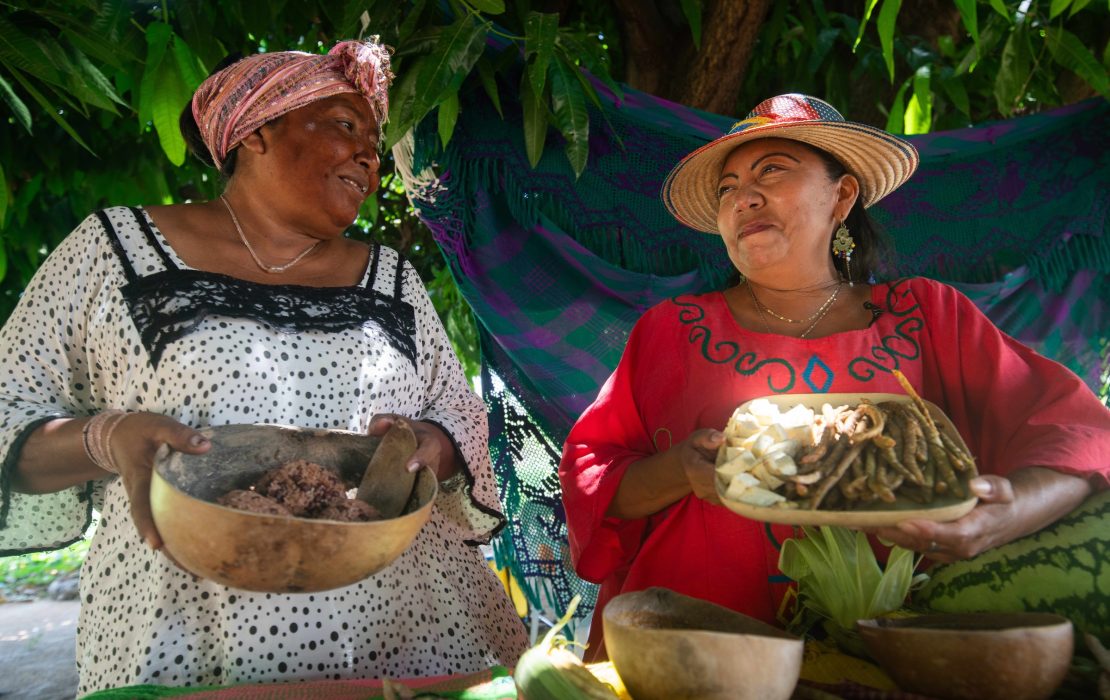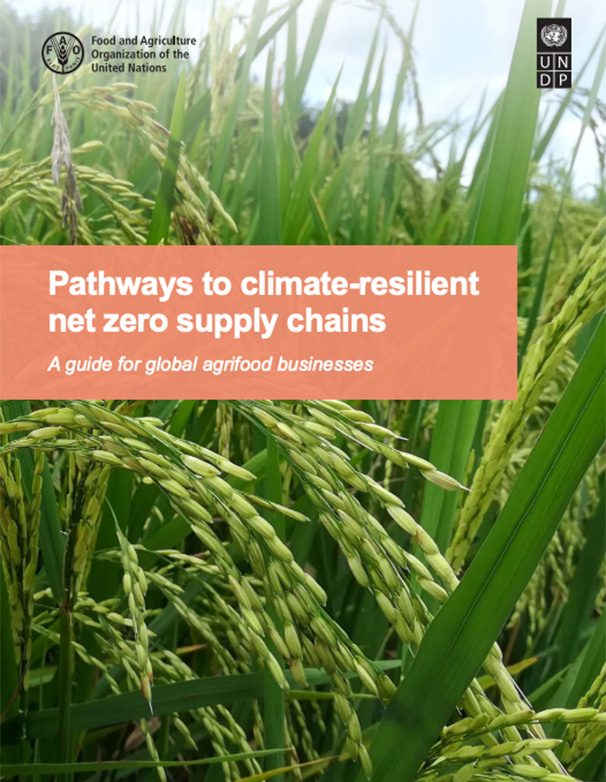The Scaling up Climate Ambition on Land Use and Agriculture through Nationally Determined Contributions and National Adaptation Plans (SCALA) programme supports countries to enhance climate action in land use and agriculture.
The programme uses Nationally Determined Contributions (NDCs) and/or National Adaptation Plans (NAPs) as entry points to identify pathways for implementing climate actions that can help build climate-resilient societies.
In doing so, SCALA aims to anticipate the impacts of climate change, specifically in agricultural and land use activities, and puts forward transformative adaptation solutions that not only aim to reduce those impacts but also have the potential to generate systemic change.

Photo: Saruul Dolgorsuren/UNDP Mongolia
The programme also emphasizes private sector engagement as well as gender-responsive and inclusive approaches to planning and implementation that benefit the most vulnerable communities, which are often dependent on natural resources for their livelihoods.
The 12 core partner countries of the SCALA programme are Argentina, Cambodia, Colombia, Costa Rica, Côte d’Ivoire, Egypt, Ethiopia, Mongolia, Nepal, Senegal, Thailand and Uganda. Additional countries are being supported through the Private Sector Engagement Facility.
UNDP and the Food and Agriculture Organization of the United Nations (FAO) are leading the 20 million Euro programme, with funding from the German Federal Ministry for the Environment, Climate Action, Nature Conservation and Nuclear Safety (BMUKN) through the International Climate Initiative (IKI).
The programme contributes to UNDP’s mission to support developing countries on enhancing and implementing their NDCs, under the Climate Promise, as well as FAO’s Hand-in-Hand Initiative, while working closely with a range of other partners. Moreover, in parallel to supporting countries to develop the capacity to own and lead the process to meet climate adaptation targets set out in their climate commitments under the Paris Agreement, SCALA activities also contribute to achieving the Sustainable Development Goals of the 2030 Agenda.





